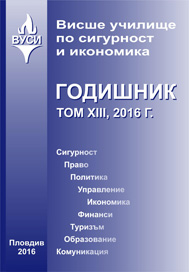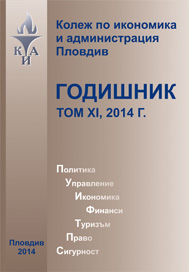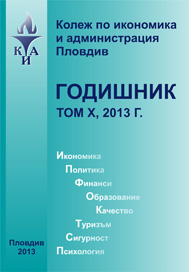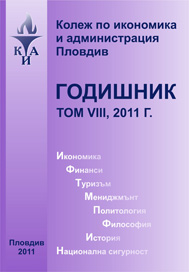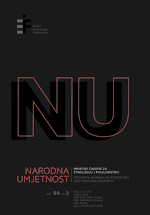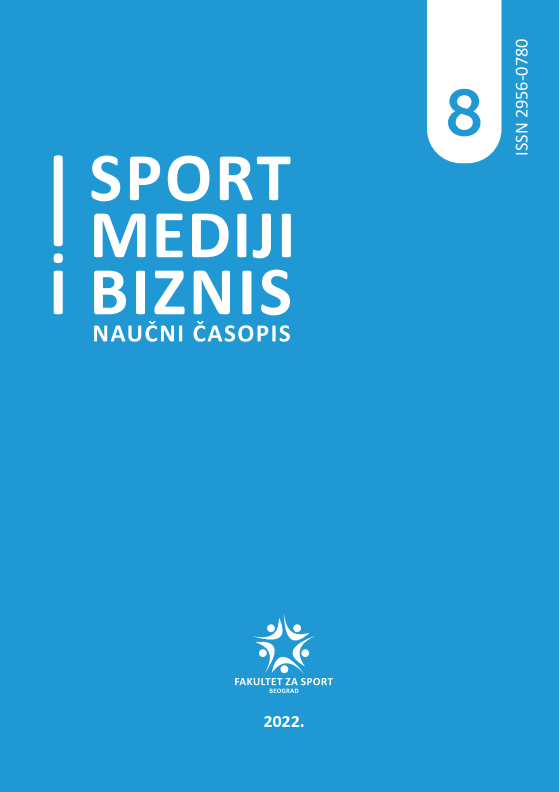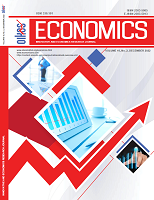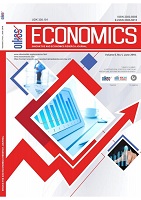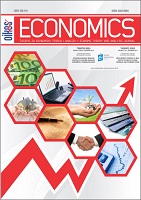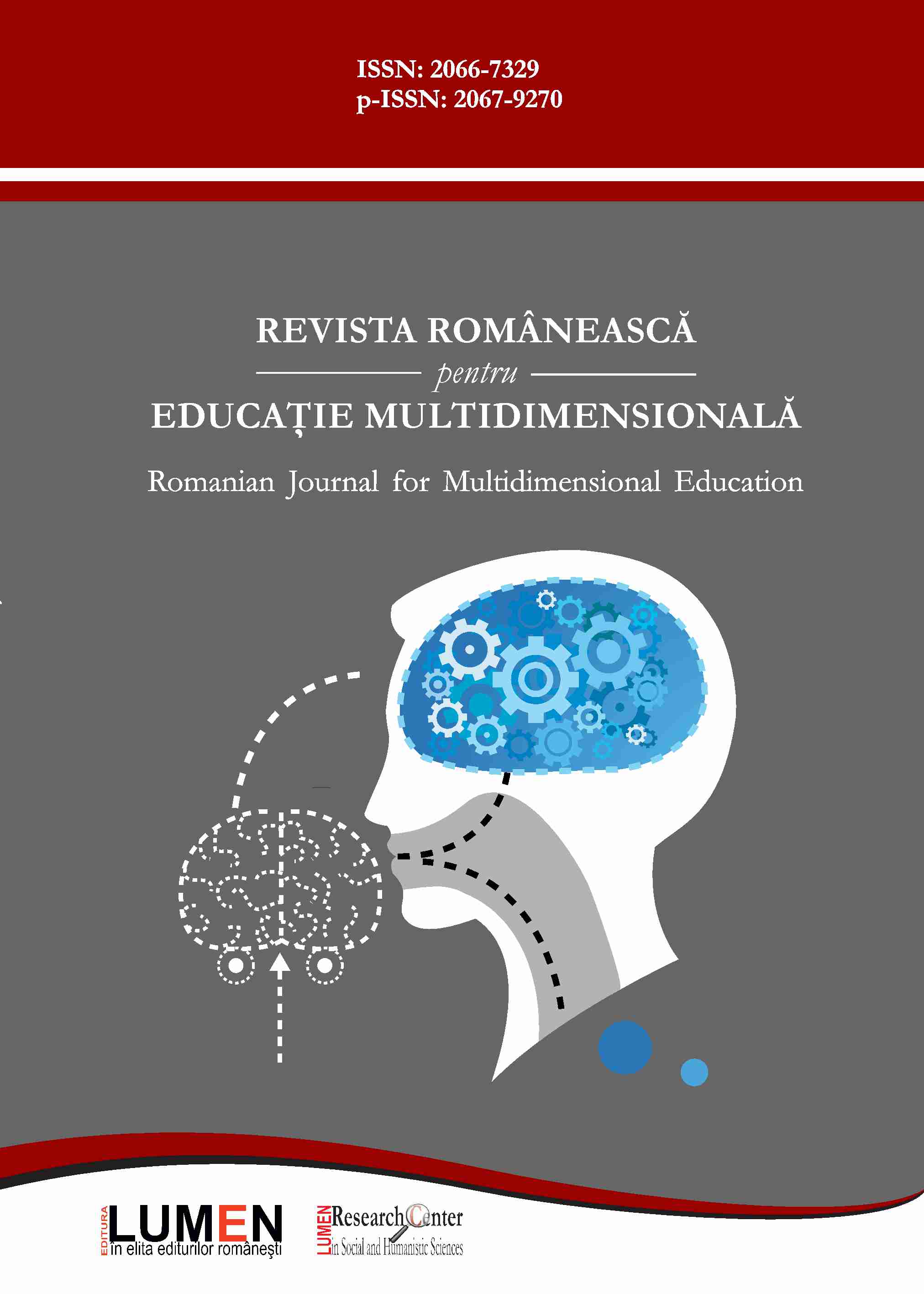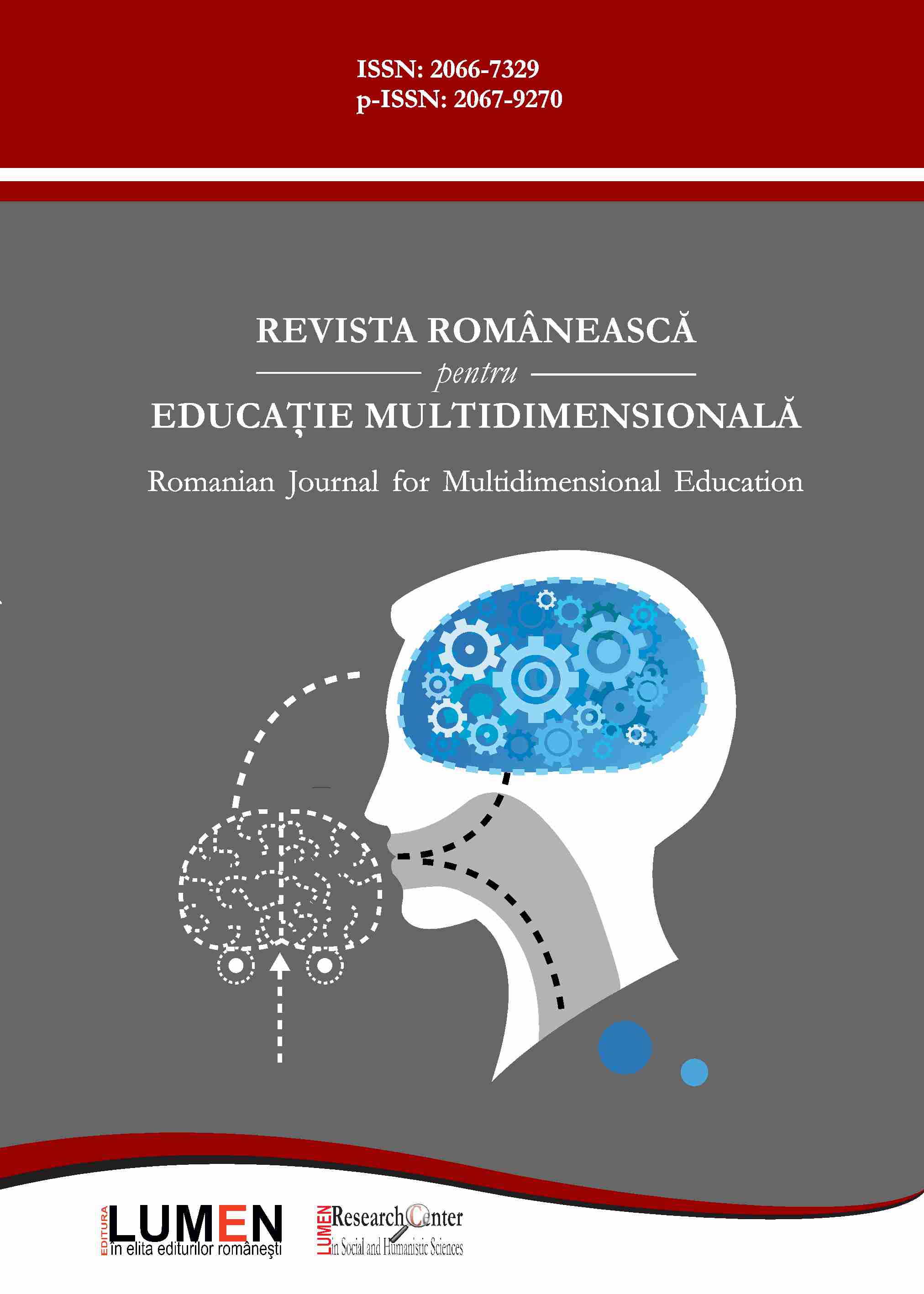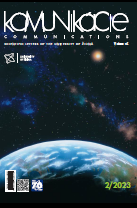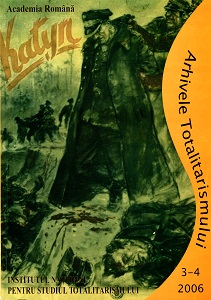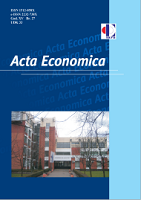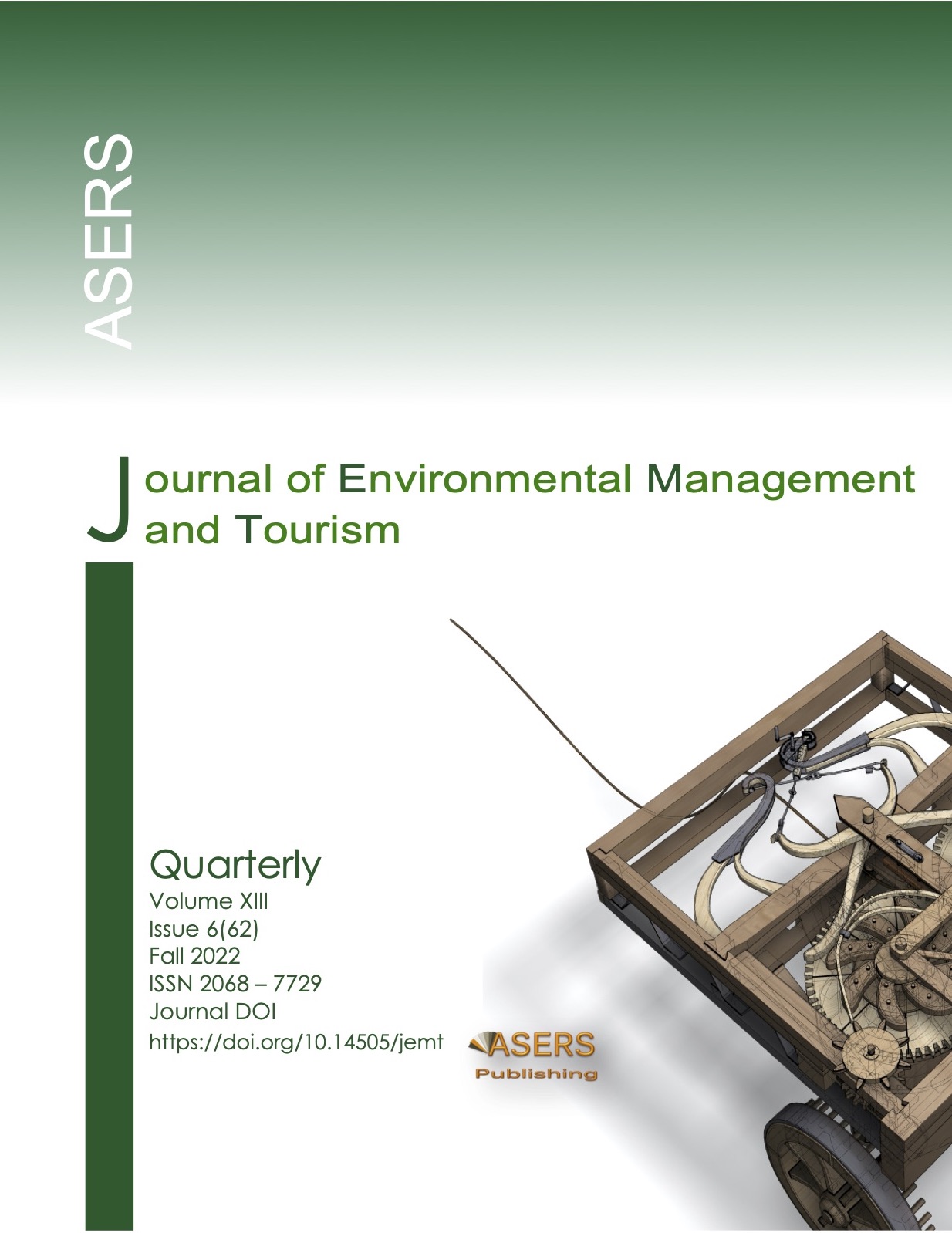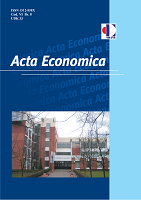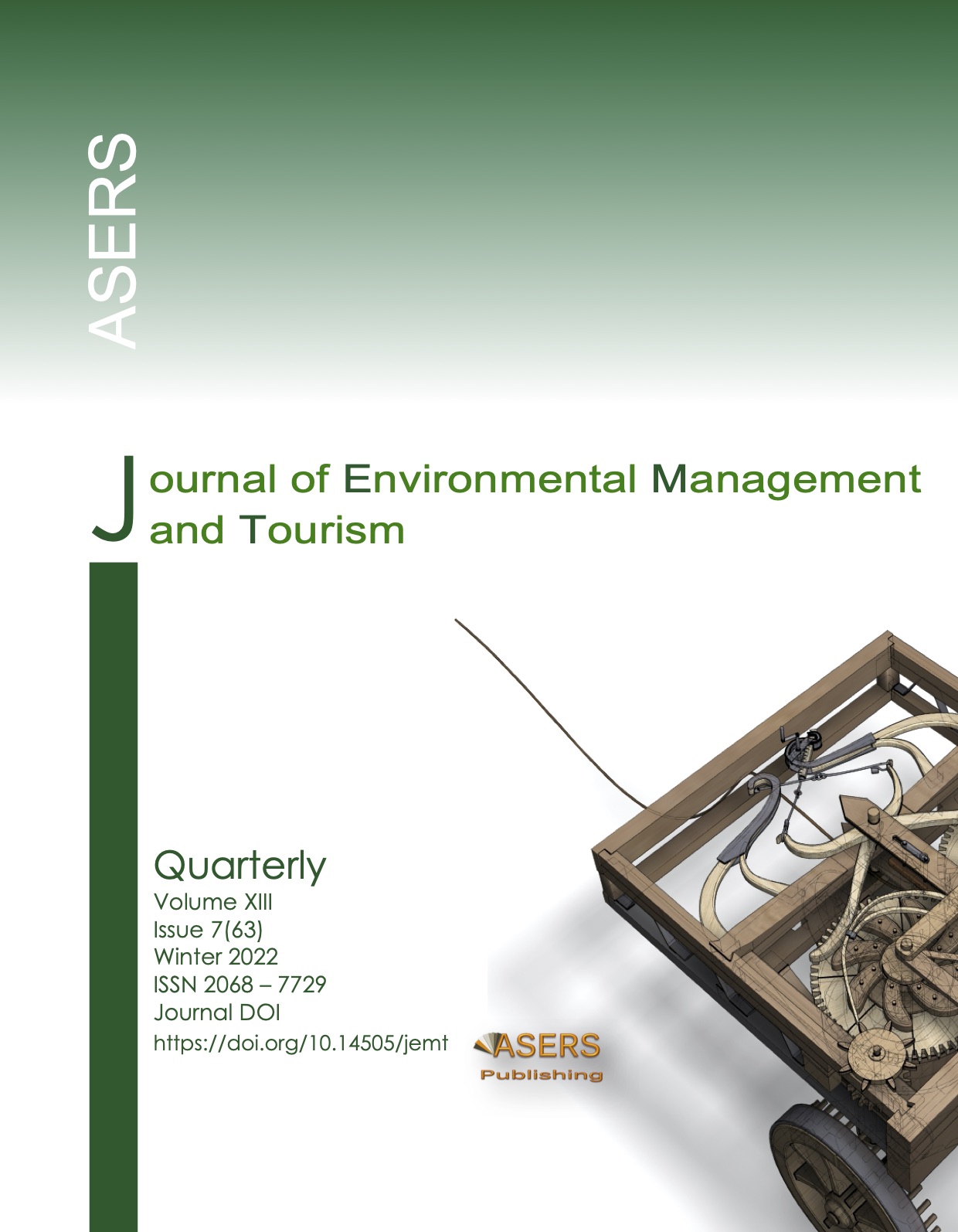Author(s): Halid Kurtović / Language(s): Bosnian,Croatian,Serbian
Issue: 1/2003
As a difference from all other scientific fields, tourism uses qualitative space on such way that using it the space is to be enriched but not devastated. Touristic demand, therefore, has been directed to wards such places, which by its qualitative values will satisfy has been directed to wards such places, which by its qualitative values will satisfiers creative, cultural and other tourists needs. Bosnia and Herzegovina, as result of its rich heritage from the past, as well as result of rich touristic supply: mountain, health, uniting, religious, maritime and other sorts of tourism, satisfies demand for qualitative touristic recources. It is a fact, the reare not many qualitative spaces in the world and the main touristy demand, directed to wards subtropic and mediteranian spaces, which, as result of a great number of visitors, has been approached to the point of saturation. Just the se moments give apportunities to Bosnia and Herzegovina, as a country which offers maritime and all other kinds of continental fourism, a chanse to realize programme of measures for valorisation of touristie values. The conception of international touristie traffie developmet has been based on reserach of present touristie demand in the international touristie market and on potentialities of Bosnia and Herzegovina to fulfill the present demand. The projection of the development pursuant to sorts of tourism, as well as traffie periods, concludcd wth 2020 year, is presented. Some characteristics of the touristie destinations, ac cording to basic functions which on adequate way represent their role in satisfying touristie demand, have been underlined. Taking that in account it is possible to conclude, the touristic demand of Bosnia and Herzegovina, by modernisation of its financial base, can satistfy present demand. Finally, from solutions, emerged as the result of research project, a lot of actions and activities are presented, which, if we want realisation of given aims in Projections, they are necessary to be done.
More...
